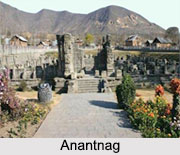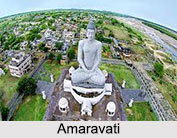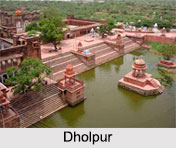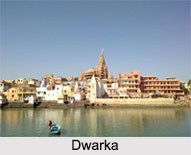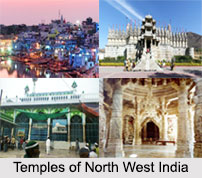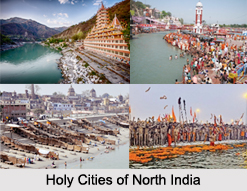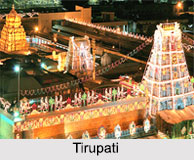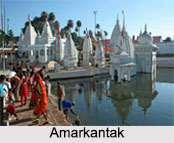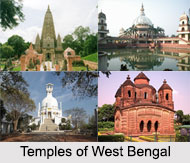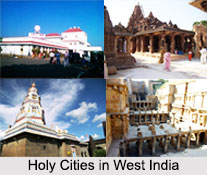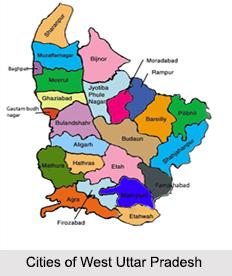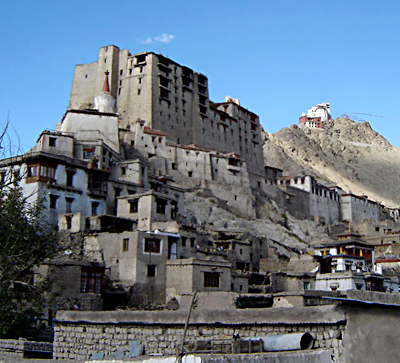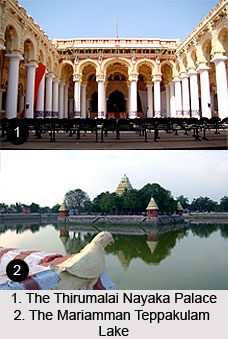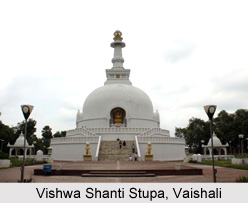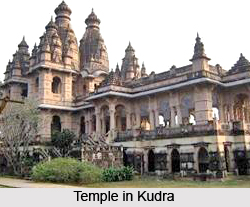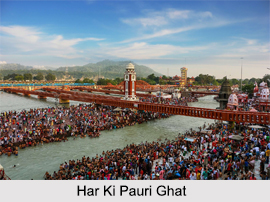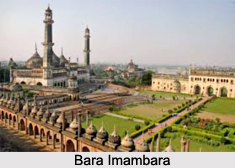 Lucknow under Delhi Sultanate regime occupied a rather important place in medieval India. The early Sultans of Delhi annexed Awadh, of which Lucknow was a part, to their empire and Sultan Iltutmish conferred the Aqta of Kasmandi and Mandiaon on Malik Tajuddin Sanjar, alias Tabar Khan. This assignment proves that Lucknow became an important part of the Delhi Sultanate. Ainul Mulk, son of Mahru, was appointed governor of Awadh, Zafrabad and Alakhnau (Lucknow) by Muhammad Bin Tughlaq.
Lucknow under Delhi Sultanate regime occupied a rather important place in medieval India. The early Sultans of Delhi annexed Awadh, of which Lucknow was a part, to their empire and Sultan Iltutmish conferred the Aqta of Kasmandi and Mandiaon on Malik Tajuddin Sanjar, alias Tabar Khan. This assignment proves that Lucknow became an important part of the Delhi Sultanate. Ainul Mulk, son of Mahru, was appointed governor of Awadh, Zafrabad and Alakhnau (Lucknow) by Muhammad Bin Tughlaq.
Lucknow in Foreign Travel Account
Lucknow that was the capital in mythological era of Lakshman era is referred to by the famous Moroccan traveller Ibn Batuta in connection with the events, which occurred between 1338 and 1341. Delhi was in the grip of a severe famine, and it was Alakhnau, which supplied large quantities of food grains to the Sultan during his stay. Thus, the prosperous condition of Lucknow was responsible for the Ein of Ainul Mulk and his brothers, who were suppressed by Muhammad Bin Tughlaq with great difficulty.
Lucknow in Sharqi Dynasty Reigme
In 1394, Khwaja-i-Jahan, the founder of the Sharqi dynasty of Jaunpur, brought all the places between Jaunpur and Kannauj under his control. Lucknow became an important station under the Sharqis. Sultan Buhlul Lodi of Delhi annexed Lucknow to his kingdom in 1487-88 and assigned it, along with Kalpi, to his grandson Azam Humayun. It was during his time that a Brahmin Lodhan publicly declared in Lucknow that both Islam and Hinduism were true religions, an incident which indicates the liberal outlook of the people of Lucknow, even at such an early date. However, he eventually courted capital punishment on account of his bold assertions.
Lucknow during the Lodi Dynasty
During the reign of Sultan Sikandar Lodi, Mubarak Khan succeeded Azam Humayun. Later, Ahmad Khan became the governor of Lucknow. He showed unprecedented favours to the Hindus, was accused of defection and was consequently dismissed by Sultan Sikandar Lodi in 1509. Ahmad Khan was arrested and sent to the royal court and Saeed Khan succeeded him as governor. Following the reign on Sikander Lodi, His son Ibrahim Lodi ascended the Sultanate throne. He was the last of the Sultanate rulers to rule over Lucknow, and in fact the whole of the region. He was defeated by the Mughal leader Babur in the Battle of Panipat and consequently, Lucknow came under the control of the mighty Mughal Empire. Thus came the decline of Delhi Sultanate in Lucknow and the entire India.
